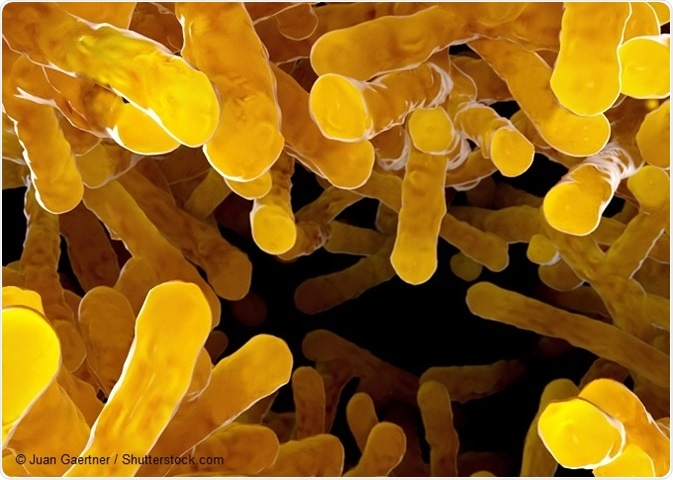Fecal microbiota transplant (FMT) is a relatively new but successful technique of treatment of refractory Clostridium difficile (R-CDI). It is based on the transfer of slightly processed feces from a healthy donor to a recipient who has an unhealthy bowel mucosa, in order to restore a diverse and stable microbiome in the gut with a pattern in keeping with the normal bowel.

It is becoming clear that the gut microbiota has a great impact on systemic health, so that alteration of the gut microbes leads to abnormal gut metabolism, colonocyte weakening, and impaired mucosal defences. This may result in increased permeability of the epithelial barrier to endotoxins, which are therefore granted access to the whole body, causing a wide spectrum of disease.
Mechanism of efficacy
The introduction of a fecal transplant offers a better combination of microbial species and strains to complement and replace the disturbed microbiome of the recipient. This favors the establishment of a stable microbiome made up of all required bacteria and other organisms.
The additional presence of substances such as vitamins and some proteins may contribute to its efficacy in recovering the normal function of the gut. The bacteria probably are responsible for the presence of antimicrobial proteins such as adhesins, for example, which protect the gut against toxigenic pathogens by competing for binding sites with them, preventing them from establishing colonies. Other mechanisms are also being elucidated, such as the production of short-chain fatty acids which could prevent chemotaxis and cell adhesion, reducing immune activation in the gut.
Fecal Microbial Transplantation: A Treatment for Clostridium Difficile
Applications
The only currently approved application of FMT is in the treatment of CDI which recurs after complete treatment and repeating antibiotic therapy with oral vancomycin. Relapse rates are significantly less with this avenue of treatment.
Other uses are being explored, but are regarded by the medical establishment as being experimental in nature at present.
These include metabolic syndrome, obesity, and diabetes mellitus, all linked to the loss of intestinal mucosal integrity. Again, cardiovascular disease is also linked to dysbiosis in the gut. Autoimmune diseases such as rheumatoid arthritis, Sjogren’s syndrome, systemic lupus erythematosus, and a variety of allergic conditions, also seem to resolve following FMT. It is even considered that some intestinal and extra-intestinal cancers might be less likely to occur following FMT.
Technique
The procedure involves obtaining a fresh or frozen sample of feces from a healthy donor (who is free of chronic bowel disease, as well as free of transmissible diseases) who fulfils the selection criteria. The filtered fecal sample is injected into the gut of the recipient mostly into the colon or via an enema. The success rates in terms of symptom resolution without recurrence is as high as 89% when colonoscopy is used, and 95% with enema.
The procedure is inexpensive, requiring only a day-stay. It is also usually uncomplicated and simple, and highly effective. Its use in a multitude of distressingly chronic systemic and intestinal conditions is being established by research trials.
References
- https://www.ncbi.nlm.nih.gov/pmc/articles/PMC3365524/
- https://www.ncbi.nlm.nih.gov/pmc/articles/PMC4284325/
- http://www.hopkinsmedicine.org/gastroenterology_hepatology/clinical_services/advanced_endoscopy/fecal_transplantation.html
- https://www.ncbi.nlm.nih.gov/pmc/articles/PMC3742951/
- http://thefecaltransplantfoundation.org/what-is-fecal-transplant/
- https://health.clevelandclinic.org/2014/05/despite-the-ick-factor-fecal-procedure-works-wonders/
Further Reading
Last Updated: Feb 27, 2019